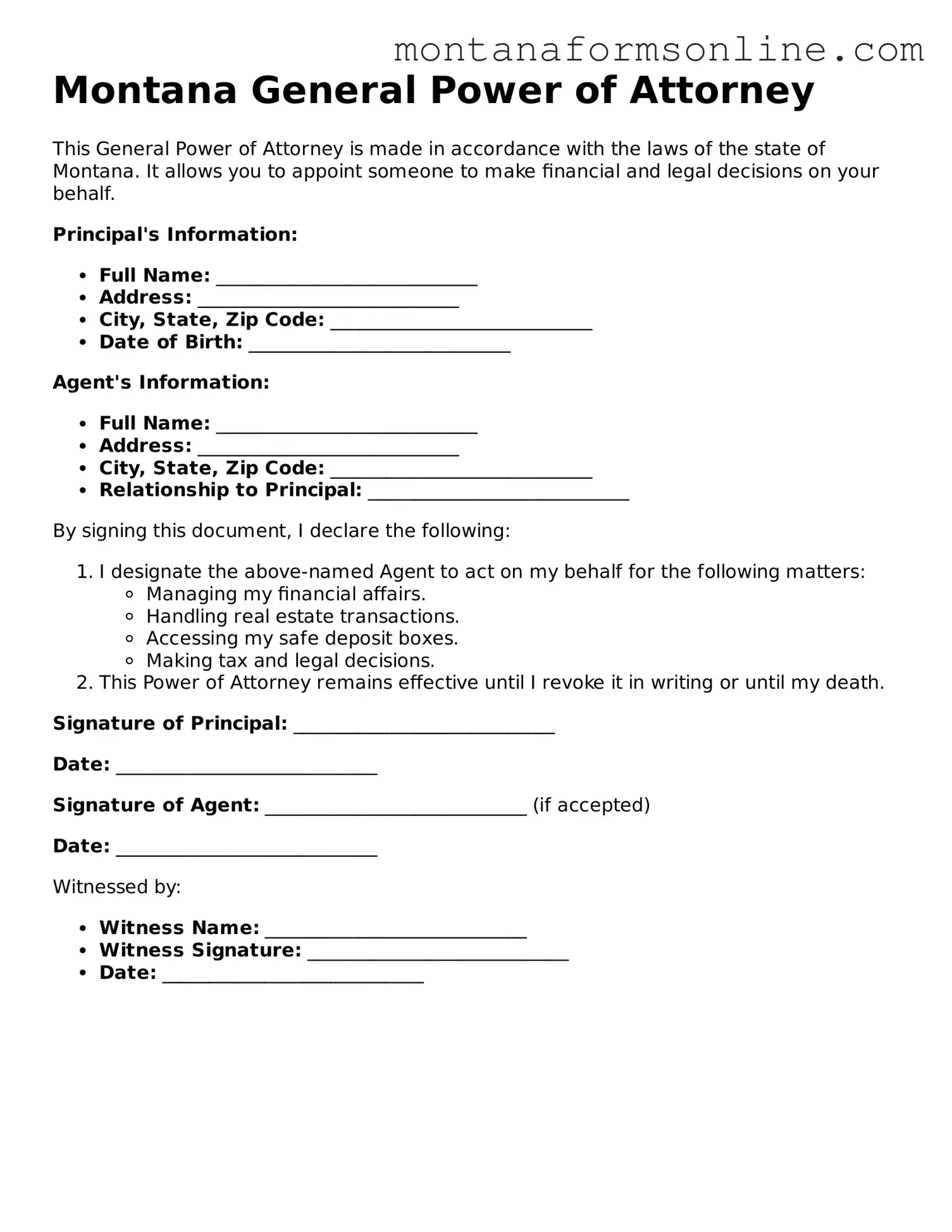The Durable Power of Attorney is similar to the General Power of Attorney in that it allows one person to grant another the authority to make decisions on their behalf. However, the key difference lies in its durability. A Durable Power of Attorney remains effective even if the principal becomes incapacitated, whereas a General Power of Attorney typically becomes void under such circumstances. This makes the Durable Power of Attorney a preferred choice for long-term planning and healthcare decisions.
The Medical Power of Attorney focuses specifically on healthcare decisions. Like the General Power of Attorney, it allows one person to act on behalf of another. However, its scope is limited to medical and health-related decisions. The Medical Power of Attorney is essential for ensuring that a person's medical preferences are honored when they cannot communicate those wishes themselves.
The Limited Power of Attorney grants authority for specific tasks or transactions rather than broad powers. Similar to the General Power of Attorney, it allows one person to act on behalf of another, but only in defined situations. This document is often used for real estate transactions, financial matters, or other specific legal actions, providing a focused approach to delegation of authority.
The Springing Power of Attorney is another variation that becomes effective only under certain conditions, typically when the principal becomes incapacitated. This differs from the General Power of Attorney, which is effective immediately upon signing. The Springing Power of Attorney provides a safeguard, ensuring that the agent's authority is activated only when necessary, thus allowing the principal to maintain control until that point.
The Financial Power of Attorney is specifically tailored for financial matters. While it shares similarities with the General Power of Attorney, which can also cover financial decisions, the Financial Power of Attorney is more focused. It grants the agent authority to manage the principal's finances, including banking, investments, and property management, ensuring that financial affairs are handled appropriately.
The Child Power of Attorney is designed for parents or guardians who need to delegate authority over their children. Similar to the General Power of Attorney, it allows one person to make decisions on behalf of another. However, this document specifically addresses the care and welfare of a minor child, enabling temporary guardianship or decision-making authority in the absence of the parents.
For those looking to formalize their vehicle transactions, the thorough guide to the Vehicle Purchase Agreement process provides essential insights and instructions. This document ensures clarity and protection for both buyers and sellers in California, detailing all aspects of the sale to avoid potential disputes.
The Real Estate Power of Attorney allows an individual to grant authority specifically for real estate transactions. While it is a type of Limited Power of Attorney, it is worth noting for its specific application in real estate dealings. This document empowers the agent to buy, sell, or manage property on behalf of the principal, ensuring that real estate matters are handled efficiently and effectively.
The Advance Healthcare Directive combines elements of both the Medical Power of Attorney and a living will. It allows individuals to specify their healthcare preferences and appoint an agent to make decisions if they become unable to do so. While the General Power of Attorney can include healthcare decisions, the Advance Healthcare Directive provides a more comprehensive approach to medical care, ensuring that both preferences and decision-making authority are clearly outlined.

